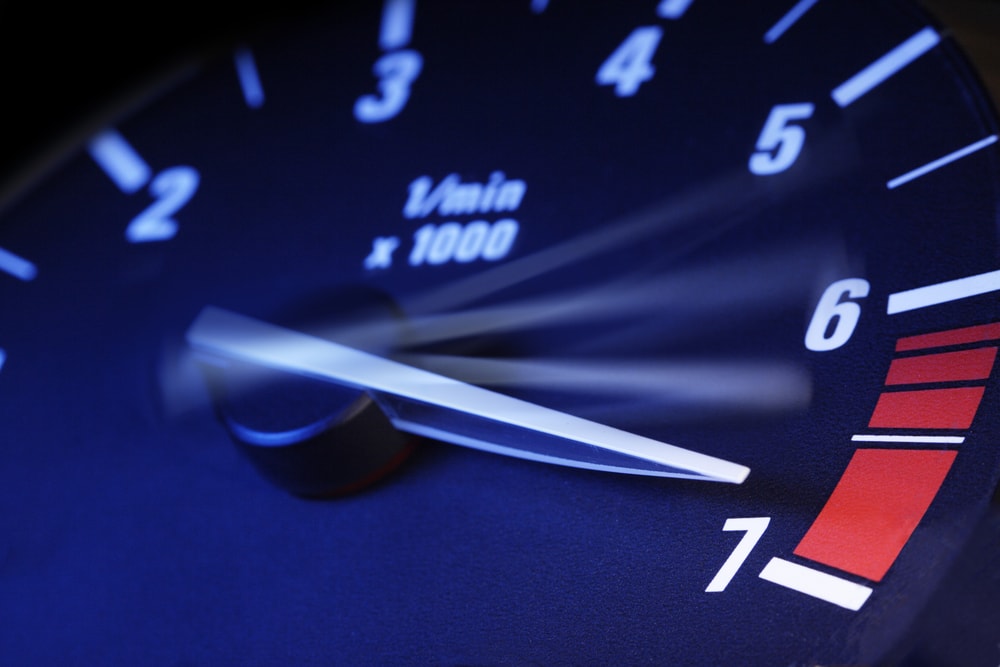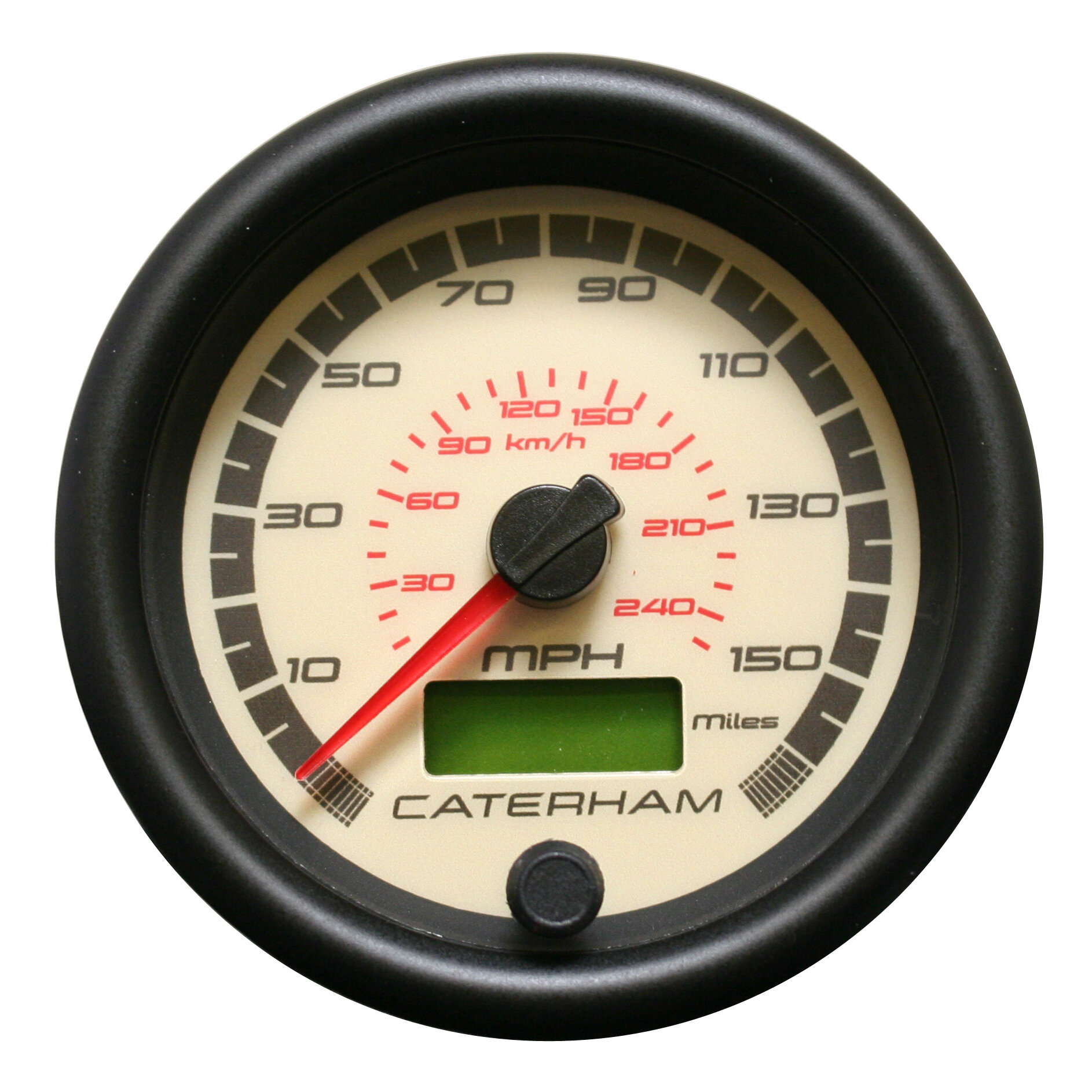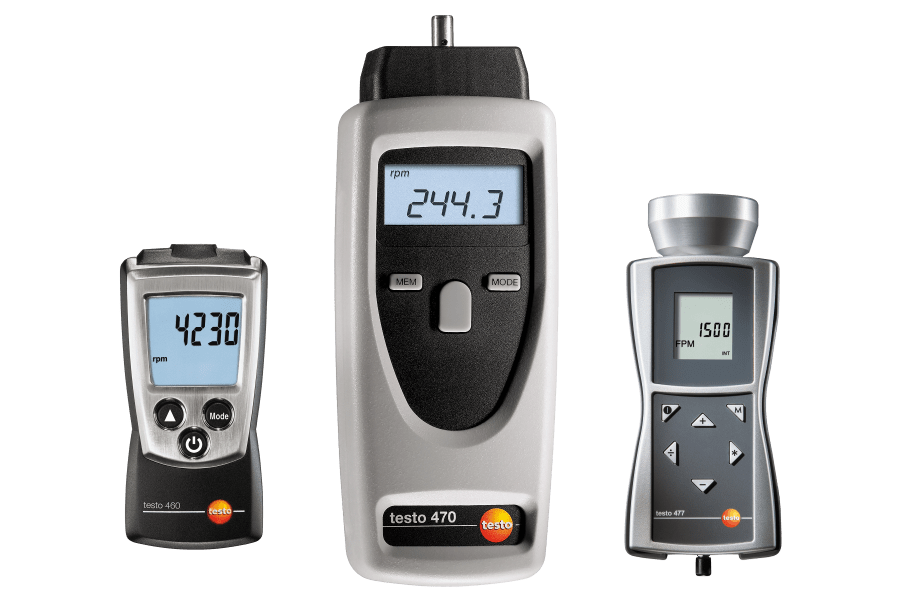How to Choose the Right Tachometer for Your Automobile or Motorbike
How to Choose the Right Tachometer for Your Automobile or Motorbike
Blog Article
The Importance of a Tachometer in Checking Engine Speed and Efficiency in Automotive Applications
In the realm of automobile design, the tachometer stands as a critical instrument in the motorist's arsenal, offering a straight home window right into the inner operations of a car's engine. Beyond its feature as a mere scale of transformations per min (RPM), the tachometer serves as a critical tool for fanatics and experts alike, providing real-time understandings right into engine efficiency and wellness.
Significance of Keeping Track Of Engine RPM
Monitoring engine RPM, or changes per min, is a vital aspect of automobile upkeep and efficiency evaluation. Engine RPM straight correlates with the speed at which the engine's crankshaft turns, suggesting how promptly the engine is running - tachometer. By monitoring RPM, mechanics can examine the wellness of the engine, identify prospective issues, and fine-tune efficiency. An uncommon RPM reading might signify problems such as engine misfires, defective ignition system, or problems with the fuel distribution system. Constantly high RPM analyses can suggest aggressive driving practices or the need for a greater gear shift to enhance gas efficiency.
In addition, monitoring engine RPM is essential for efficiency examination in auto racing and high-performance automobiles. In summary, monitoring engine RPM is not just essential for finding concerns but likewise for maximizing engine efficiency in different automobile applications.

Advantages of Real-Time Information
In automobile applications, real-time data plays an important role in offering instantaneous insights into the performance and problem of the lorry. By constantly keeping track of various criteria such as engine speed, temperature, gas intake, and a lot more, real-time information supplies many advantages that contribute to enhanced effectiveness and safety and security when driving.
In addition, real-time data helps with efficiency optimization by giving instant comments on driving habits and engine performance. Motorists can change their behavior in real-time based on this information to achieve much better fuel economic situation and extend the lifespan of their vehicle.

Additionally, real-time information plays an important function in modern vehicle diagnostics, enabling technicians to quickly diagnose and resolve malfunctions. This leads to decreased downtime, reduced maintenance expenses, and inevitably, enhanced total car integrity and longevity (tachometer). By utilizing the power of real-time data, auto stakeholders can make informed choices that positively affect both the efficiency and durability of the automobile
Effect On Equipment Shifts
Reliable gear shifts in auto applications substantially influence overall performance and driving experience. The tachometer plays a critical function in maximizing gear changes by providing real-time engine rate information to the chauffeur. When coming close to the redline on the tachometer, it signifies the vehicle driver to upshift to prevent over-revving the engine and creating prospective damage. On the various other hand, downshifting at the right minute can assist preserve the engine in its power band, guaranteeing responsive acceleration when needed.
Additionally, the tachometer aids in attaining smoother equipment shifts, particularly in manual transmissions. By keeping an eye on engine rate, chauffeurs can implement equipment changes at the optimal RPM range, lowering jerking activities and minimizing wear on the transmission parts. This accuracy in gear modifications not just enhances driving convenience but additionally contributes to sustain performance.
Enhancing Gas Efficiency
Given the crucial function the tachometer plays in enhancing gear shifts for performance and engine wellness, it directly adds to making best use of fuel efficiency in auto applications. By providing real-time comments on engine rate, the tachometer aids drivers in maintaining one of the most effective RPM array for fuel economic situation. When drivers moved here regularly keep track of the tachometer and readjust their driving behaviors as necessary, they can prevent unnecessary fuel consumption triggered by over-revving or carrying the engine.
Additionally, the tachometer helps vehicle drivers determine the most fuel-efficient gear to be in at any kind of given minute, avoiding the engine from working more challenging official website than needed. This is particularly important throughout acceleration and cruising, where being in the appropriate gear can significantly influence gas efficiency. In addition, the tachometer can alert drivers to prospective mechanical concerns that might be adversely influencing fuel economic climate, such as a sliding clutch or a clogged up air filter. In conclusion, the tachometer serves as a useful device in boosting gas efficiency by promoting ideal driving routines and recognizing areas for enhancement in the lorry's efficiency.

Maximizing Engine Long Life
The tachometer's role in monitoring engine rate and efficiency is important in ensuring the longevity of automobile engines. By using the tachometer successfully, vehicle drivers can optimize engine durability through conscious RPM management. Continually revving an engine too expensive can cause extreme wear and tear on vital components, such as the pistons, shutoffs, and bearings. Gradually, this can lead to decreased engine efficiency and potential breakdowns. Keeping an eye on the tachometer allows motorists to stay within the advised RPM variety for their vehicle, protecting against unnecessary pressure on the engine and prolonging its lifespan.

Verdict
Finally, the tachometer plays an essential role in keeping an eye on engine speed and efficiency in automotive applications. By supplying real-time data on RPM, it enables efficient equipment shifts, boosted fuel performance, and made best use of engine durability. This device is important for keeping optimal engine efficiency and guaranteeing the total functionality of an automobile.
Report this page